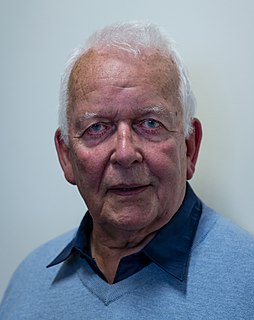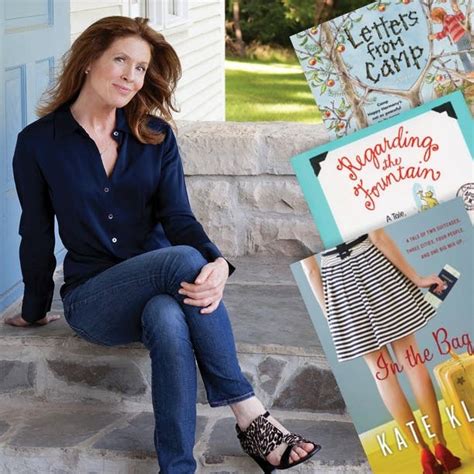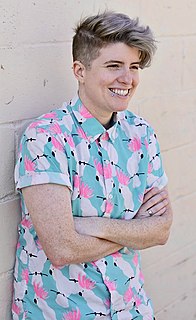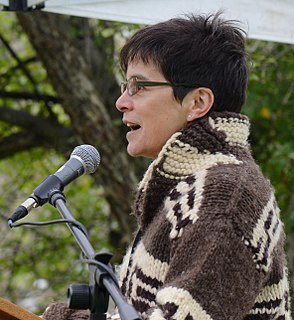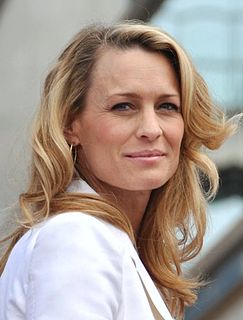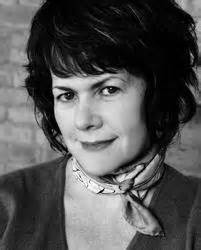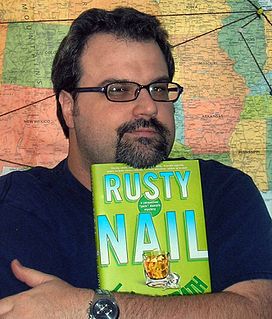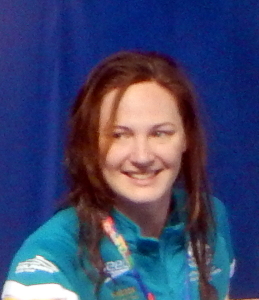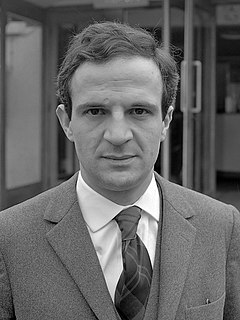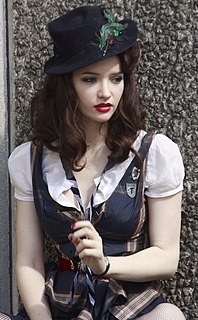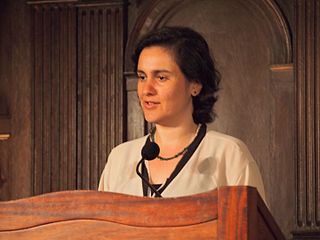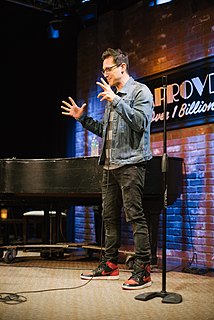Top 45 Bronte Quotes & Sayings
Explore popular Bronte quotes.
Last updated on November 25, 2024.
Nom de Plume uses the device of the pseudonym to unite the likes of Charlotte Bronte, Mark Twain, Fernando Pessoa, and Patricia Highsmith into a cohesive yet highly idiosyncratic literary history. Each page affords sparkling facts and valuable insights onto the manufacturing of books and reputations, the keeping and revealing of secrets, the vagaries of private life and public opinion, and the eternally mysterious, often tormented interface between life and literature.
My favorite piece of information is that Branwell Brontë, brother of Emily and Charlotte, died standing up leaning against a mantelpiece, in order to prove it could be done. This is not quite true, in fact. My absolute favorite piece of information is the fact that young sloths are so inept that they frequently grab their own arms and legs instead of tree limbs, and fall out of trees.
So perhaps the correct conclusion is that Green was less attuned to how people sound when they speak - the actual words and expressions they employ - than to what they mean. This notion of dialogue as a pure expression of character that...transcends the specifics of time and place may be partly why the conversations in the works of writers such as Austen and Bronte often sound fresh and astonishingly contemporary.
I would argue, for perspective's sake, that the arc of a really literary work is precisely that it both intensely reflects, and simultaneously transcends the conditions of its making. I would say that is the difference between literature and other kinds of writing. That is what the literary is - it ultimately doesn't matter what his circumstances were. And the thing that you were just saying about being sympathetic to Brontë and the fact that she could only write what she wrote when she wrote it... that's true. But look at that novel, which means so much to so many people.
It's terrible, I know, but I will admit I was a really lazy kid. It was Bronte who would wake me up in the morning, go to training early, and take in some tips from the older training group. I would be there grumbling and complaining. After she began to reap the rewards of her labour, it definitely kindled a fire.
I knew I wanted the parties in 'The Queen of the Night' to be convincing, beautiful, and also dramatic: situations where significant things happened on a scale that was both grand and intimate. There were several texts that helped me think about how to do this, and one of the most important ones was Charlotte Bronte's novel 'Villette.'
But the cinephile is … a neurotic! (That’s not a pejorative term.) The Bronte sisters were neurotic, and it’s because they were neurotic that they read all those books and became writers. The famous French advertising slogan that says, “When you love life, you go to the movies,” it’s false! It’s exactly the opposite: when you don’t love life, or when life doesn’t give you satisfaction, you go to the movies.
The writers who inspire me most are all women: Enid Blyton, Agatha Christie, Margaret Mitchell and Emily and Charlotte Bronte. As for contemporary novels, one of my favourites is 'Everyone Brave is Forgiven' by Chris Cleave. It's the sort of book to read if you've fallen out of love with reading - it reminds you just how brilliant novels can be.
You ask whether I have ever been in love: fool as I am, I am not such a fool as that. But if one is only to talk from first-hand experience, conversation would be a very poor business. But though I have no personal experience of the things they call love, I have what is better - the experience of Sappho, of Euripides, of Catallus, of Shakespeare, of Spenser, of Austen, of Bronte, of anyone else I have read.
We read Charlotte Bronte not for exquisite observation of character - her characters are vigorous and elementary; not for comedy - hers is grim and crude; not for a philosophic view of life - hers is that of a country parson's daughter; but for her poetry. Probably that is so with all writers who have, as she has, an overpowering personality, so that, as we say in real life, they have only to open the door to make themselves felt.



